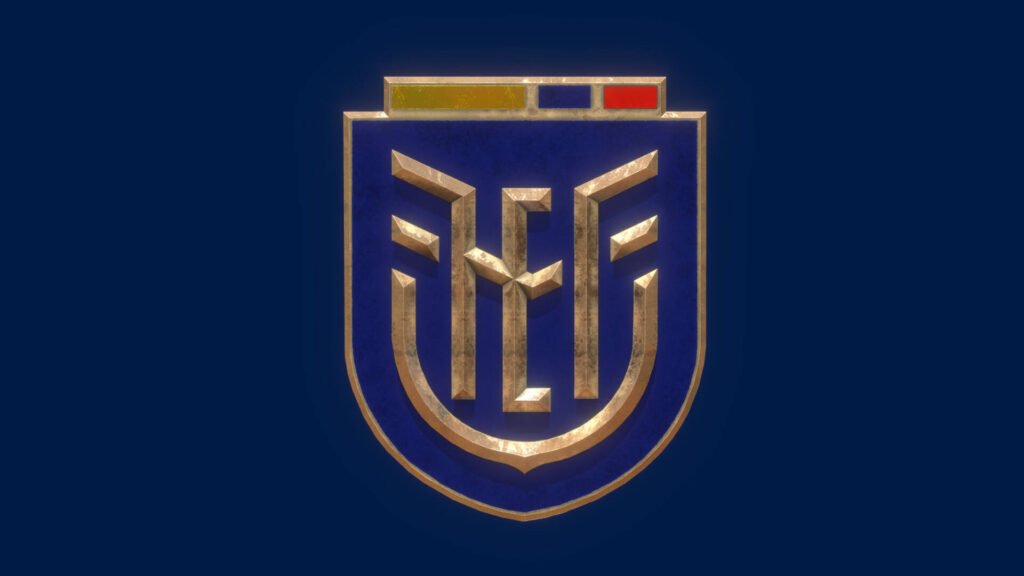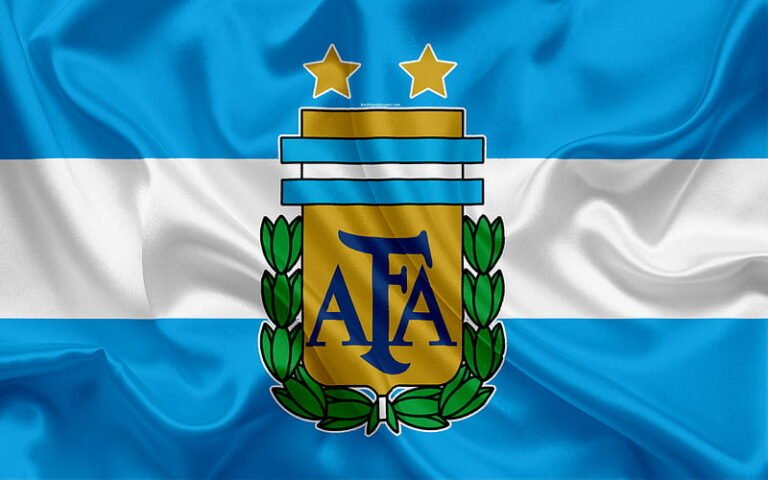
Ecuador FC
Ecuador FC has emerged as a dynamic contender in the world of South American football, showcasing talent, resilience, and an ever-increasing presence on the international stage. This blog post delves into the myriad aspects that contribute to Ecuador FC’s ascent within the competitive realm of football, exploring its history, key players, tactical evolution, grassroots initiatives, and prospects for the future.
The Evolution of Ecuador FC: From Humble Beginnings to Prominence
The journey of Ecuador FC is marked by significant milestones that reflect the evolution of this club and its impact on national pride and identity. Understanding its historical context provides valuable insight into how it became a notable force in South American football qq888.
Historical Background
Ecuador’s footballing roots can be traced back to the late 19th century, with the establishment of clubs that contributed to the sport’s growth. This period was characterized by local competitions and the gradual formation of a cohesive football culture.
The formal recognition of football in Ecuador came with the founding of the Ecuadorian Football Federation in 1925. This institution laid the groundwork for organizing national leagues and tournaments, contributing to the emergence of clubs like Ecuador FC. Initially, the club struggled to gain traction amid fierce competition from other regional teams, facing challenges such as inadequate facilities and a lack of financial backing.
However, perseverance paid off. As domestic leagues expanded and international competitions began to take shape, Ecuador FC found its footing, gaining momentum through strategic partnerships and youth development programs aimed at nurturing local talent. This transformation steered the club toward success, paving the way for victories that would resonate across the continent.
Key Milestones
Ecuador FC’s ascent can be illustrated through significant milestones that highlight its evolution. One crucial moment came when the club secured its first national championship, solidifying its position in the top tier of Ecuadorian football. This victory not only boosted team morale but also galvanized fan support, leading to increased attendance and engagement at matches.
Another pivotal point in the club’s history was its debut in continental competitions. Participating in South America’s prestigious tournaments allowed Ecuador FC to showcase its talents on a larger stage, fostering rivalries with established clubs and elevating its profile internationally. The experience gained from these encounters proved invaluable, enabling the club to attract talented players and coaching staff who shared a vision of success.
Furthermore, the implementation of modern training methodologies and sports science played a crucial role in enhancing player performance. By investing in infrastructure and embracing technology, Ecuador FC transformed its approach to training and match preparation, creating a winning culture rooted in professionalism and discipline.
Cultural Significance
Ecuador FC embodies much more than just a football club; it represents a source of pride and unity for its supporters. The emotional connection fans have with the team transcends the pitch, as victories and heartbreaks are shared collectively. This bond fosters a sense of community and identity, especially in a nation known for its rich cultural diversity.
The club’s colors and emblem hold special significance, symbolizing the aspirations and dreams of its supporters. Match days create a vibrant atmosphere as fans gather to cheer their team, showcasing unwavering loyalty regardless of challenges faced on the field.
Moreover, Ecuador FC engages with the community through various outreach programs, utilizing football as a tool for social change. Initiatives focusing on education, health, and empowerment resonate deeply, reflecting the club’s commitment to uplifting the lives of individuals beyond the realm of sports.



